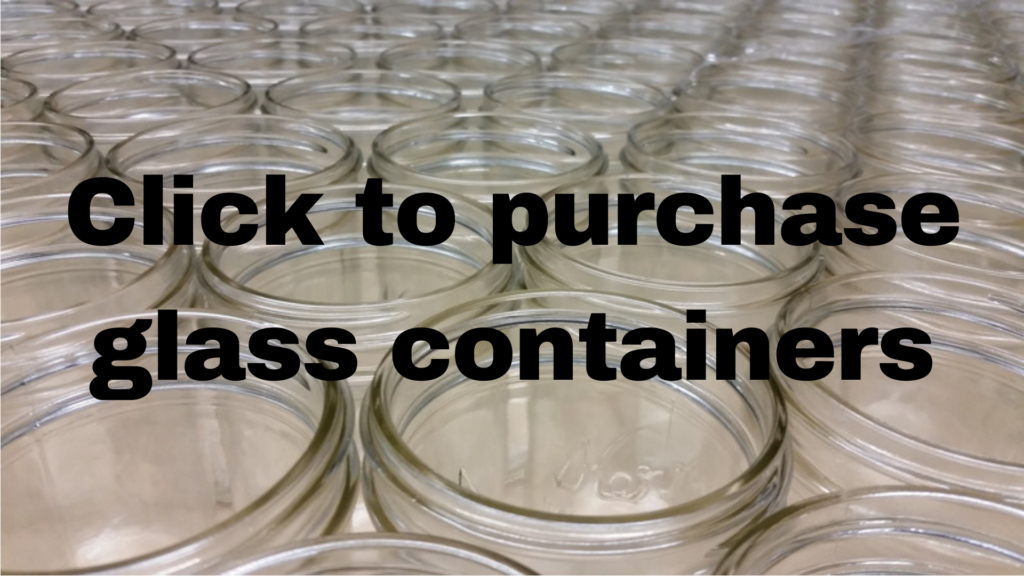
Nanoplastics interact with a particular protein that is naturally found in the brain, creating changes linked to Parkinson’s disease and some types of dementia.
In a Duke-led study appearing Nov. 17 in Science Advances, the researchers report that the findings create a foundation for a new area of investigation, fueled by the timely impact of environmental factors on human biology.
“Parkinson’s disease has been called the fastest growing neurological disorder in the world,” said principal investigator, Andrew West, Ph.D., professor in the Department of Pharmacology and Cancer Biology at Duke University School of Medicine.
“Numerous lines of data suggest environmental factors might play a prominent role in Parkinson’s disease, but such factors have for the most part not been identified.”
Improperly disposed plastics have been shown to break into very small pieces and accumulate in water and food supplies, and were found in the blood of most adults in a recent study.
“Our study suggests that the emergence of micro and nanoplastics in the environment might represent a new toxin challenge with respect to Parkinson’s disease risk and progression,” West said.
“This is especially concerning given the predicted increase in concentrations of these contaminants in our water and food supplies.”
West and colleagues in Duke’s Nicholas School of the Environment and the Department of Chemistry at Trinity College of Arts and Sciences found that nanoparticles of the plastic polystyrene — typically found in single use items such as disposable drinking cups and cutlery — attract the accumulation of the protein known as alpha-synuclein.
West said the study’s most surprising findings are the tight bonds formed between the plastic and the protein within the area of the neuron where these accumulations are congregating, the lysosome.
Researchers said the plastic-protein accumulations happened across three different models performed in the study — in test tubes, cultured neurons, and mouse models of Parkinson’s disease.
West said questions remain about how such interactions might be happening within humans and whether the type of plastic might play a role.
“While microplastic and nanoplastic contaminants are being closely evaluated for their potential impact in cancer and autoimmune diseases, the striking nature of the interactions we could observe in our models suggest a need for evaluating increasing nanoplastic contaminants on Parkinson’s disease and dementia risk and progression,” West said.
“The technology needed to monitor nanoplastics is still at the earliest possible stages and not ready yet to answer all the questions we have,” he said.
“But hopefully efforts in this area will increase rapidly, as we see what these particles can do in our models. If we know what to look out for, we can take the necessary steps to protect ourselves, without compromising all the benefits we reap every day from plastics.”
The study was funded by in part by The Michael J. Fox Foundation for Parkinson’s Research and the Aligning Science Across Parkinson’s initiative (ASAP-020527).
In addition to West, study authors include Zhiyong Liu, Arpine Sokratian, Addison M. Duda, Enquan Xu, Christina Stanhope, Amber Fu, Samuel Strader, Huizhong Li, Yuan Yuan, Benjamin G. Bobay, Joana Sipe, Ketty Bai, Iben Lundgaard, Na Liu, Belinda Hernandez, Catherine Bowes Rickman, and Sara E. Miller.

 The Plastic You Drink: Shocking Revelations About Microplastics Lurking in Your Bottled Water
The Plastic You Drink: Shocking Revelations About Microplastics Lurking in Your Bottled Water Recycled plastic is a toxic cocktail: Over 80 chemicals found in a single pellet
Recycled plastic is a toxic cocktail: Over 80 chemicals found in a single pellet Billions of nanoplastics released when microwaving baby food containers
Billions of nanoplastics released when microwaving baby food containers 10 pesticides toxic to neurons involved in Parkinson’s
10 pesticides toxic to neurons involved in Parkinson’s